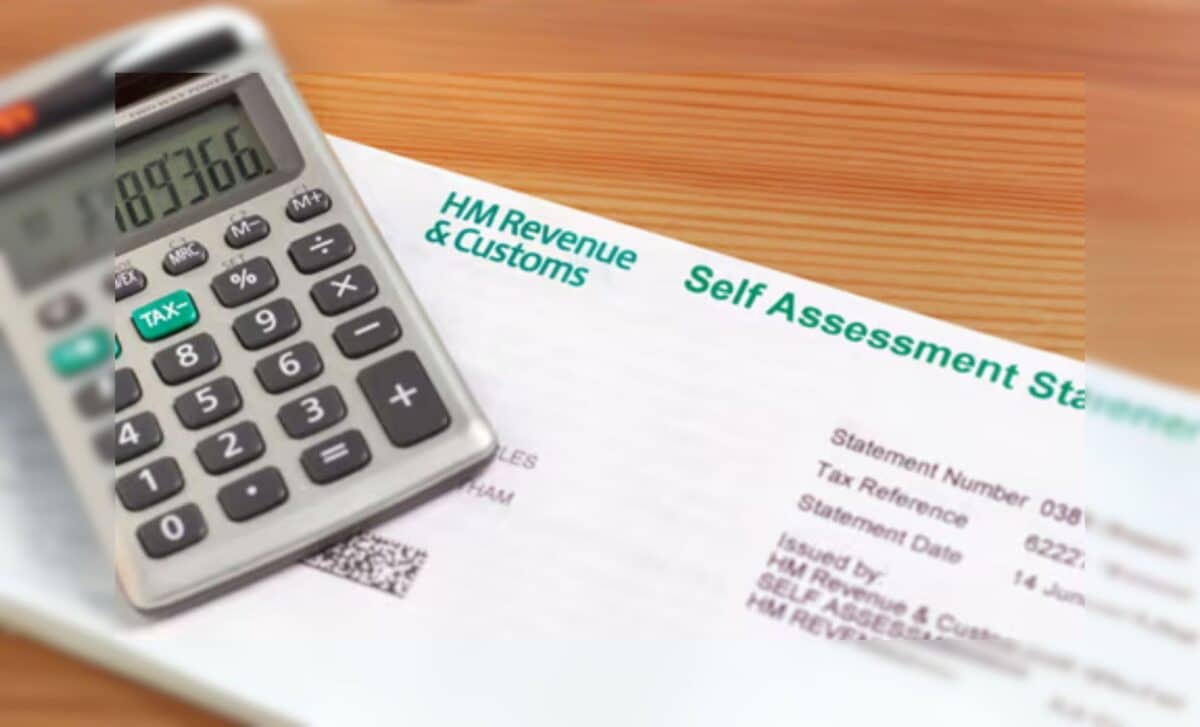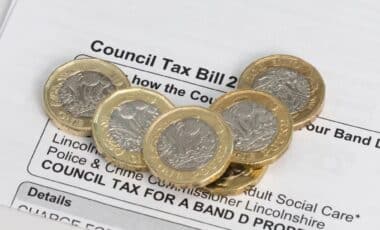More than 1.1 million taxpayers in the UK could face increasing fines and interest charges after missing the 31 January self-assessment tax return deadline, marking the highest number of late filers in five years. While a recent interest rate adjustment from HMRC provides minor relief, financial penalties continue to escalate for those who have not yet submitted their returns.
Fines and Interest Rates for Late Filers
Individuals who missed the self-assessment deadline are automatically subject to a £100 penalty if their tax return is up to three months late. Additional fines include £10 per day (up to £900) for delays beyond three months, followed by a 5% or £300 charge (whichever is higher) after six months, and another similar penalty after one year.
The interest rate on late payments has also changed in response to the Bank of England’s base rate adjustment. As of 17 February, HMRC reduced its late payment interest from 7.25% to 7%, following the central bank’s decision to lower its base rate from 4.75% to 4.5%.
However, the way interest is calculated for overpayments and late payments remains controversial. While taxpayers face a rate of 7% for unpaid tax, HMRC pays only 3.5% interest on tax overpayments.
This is determined by the base rate minus 1%, but never falling below a minimum of 0.5%. Critics argue that this imbalance effectively penalises taxpayers more for late payments than HMRC compensates them for overpayments.
Risks Beyond Financial Penalties
Tax specialist Andy Wood warns that beyond the direct financial burden, prolonged tax arrears can trigger further scrutiny from HMRC. Late filings and unpaid tax bills increase the likelihood of investigations, which can be both time-consuming and costly.
Additionally, individuals earning above £150,000 annually are obligated to submit tax returns, making them particularly vulnerable to late filing penalties.
He also noted:
“While this drop in HMRC’s late payment interest offers some relief, it’s hardly significant in the grand scheme of things. The real issue is that taxpayers still pay double the interest on late payments compared to what HMRC pays them in refunds. That’s a fundamental imbalance.”
Steps to Mitigate Penalties
With the current tax year ending in April, taxpayers are urged to settle outstanding balances as soon as possible to avoid accumulating interest and penalties. Those looking to optimise their financial position should also consider utilising their £20,000 ISA limit and £60,000 pension allowance before the deadline.
While the slight drop in late payment interest offers minimal relief, tax experts stress that delaying payment is not advisable. The best approach remains prompt submission of tax returns and clearing outstanding dues to avoid unnecessary costs and potential HMRC investigations.









